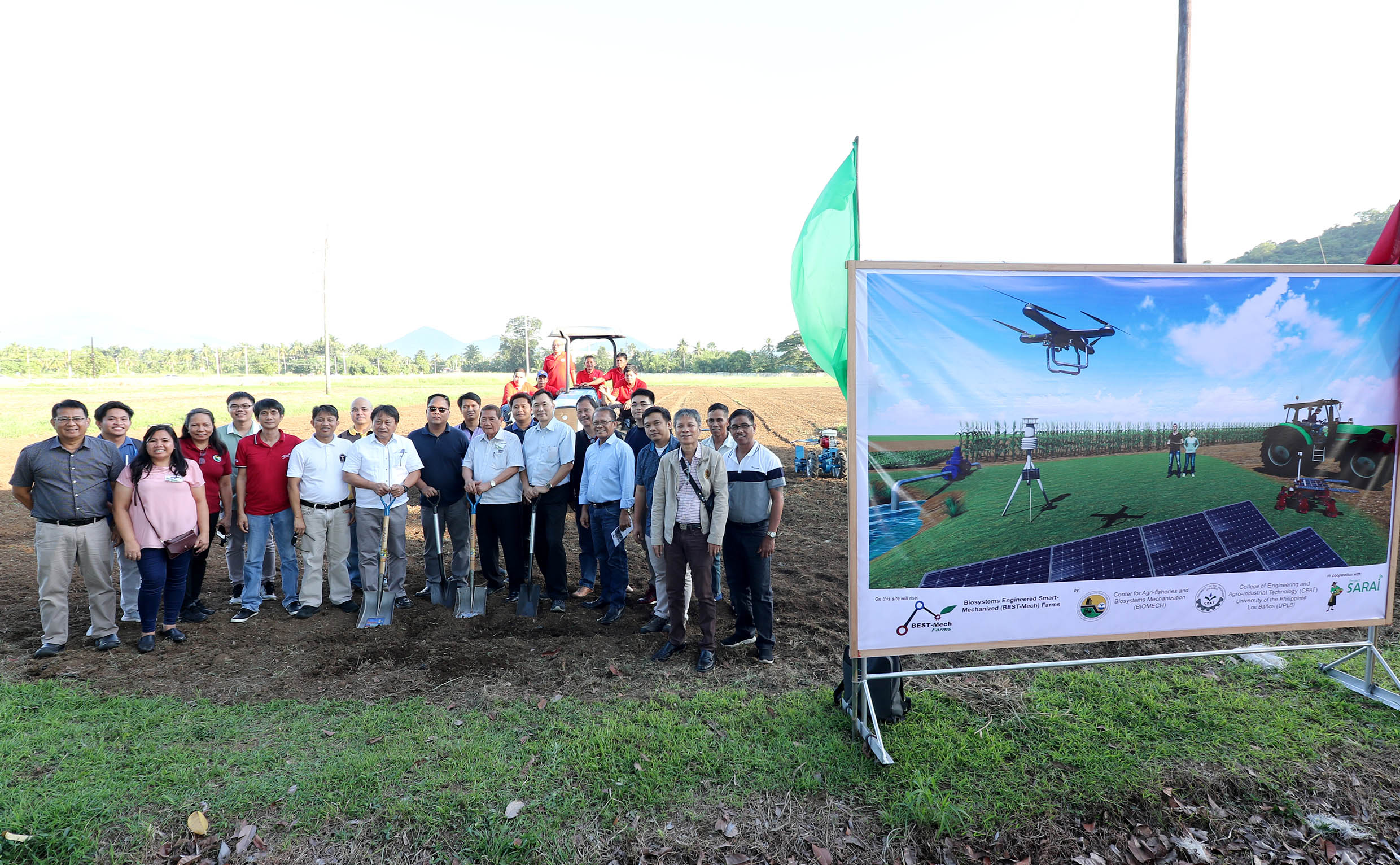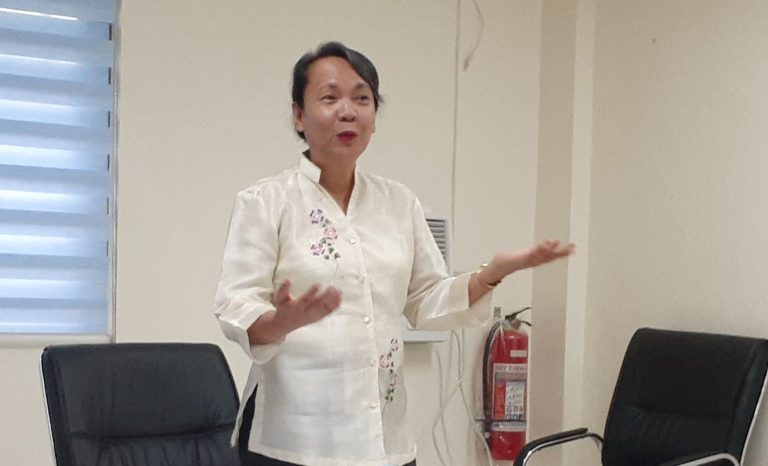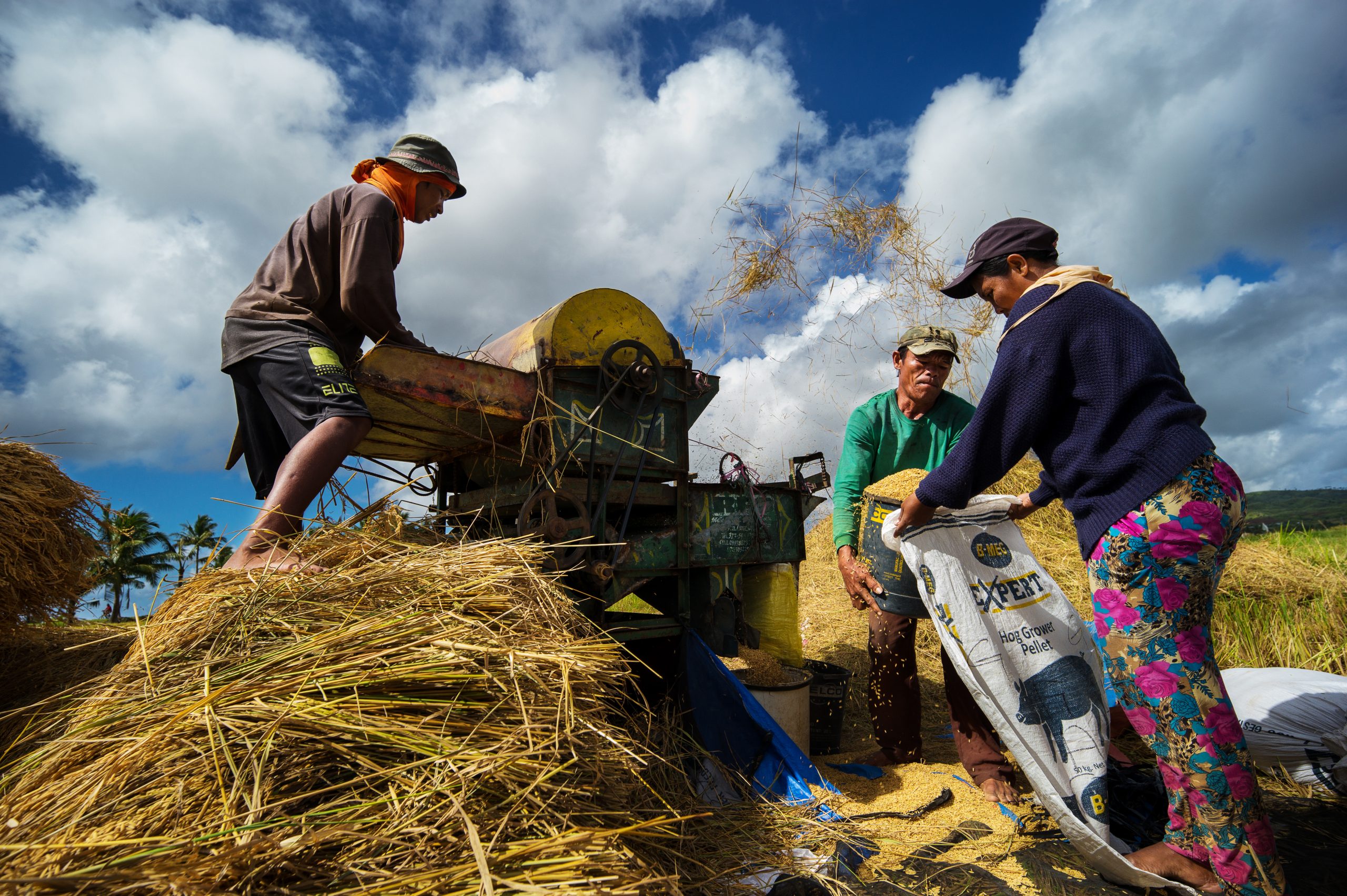The Bureau of Agricultural and Fisheries Engineering of the Department of Agriculture (DA-BAFE) is eyeing the development of a roadmap that aims to improve the competitiveness of the local agri-fishery machinery manufacturing assembly and distribution industry.
The DA-BAFE said the roadmap would serve as a comprehensive master plan for the country’s agricultural machinery manufacturing sector. It aims to transform it into a competitive, productive, innovative, and sustainable industry.
The agency has involved the Center for Agri-Fisheries and Biosystems Mechanization (BIOMECH) College of Engineering and Agro-industrial Technology (CEAT) at the University of the Philippines – Los Banos (UPLB) for the development of the roadmap, through the Local Agricultural Machinery Assembly Manufacturing in the Philippines (LAMMP) Roadmap Project.

LAMMP project leader Maria Victoria Larona said an industry-wide road map is necessary to strengthen the local assembly and machinery manufacturing industry for agricultural development.
“We would like the roadmap to be adopted as a major plan for the industry,” Larona added.
The DA-BAFE said the roadmap would be implemented by phases, indicating the outputs, timelines, and accountable stakeholders in each phase.
Among the phases of the roadmap are the development of the pre-establishment phase, development of the production phase of the road map, development of technology and manufacturing transfer mechanisms for the agricultural manufacturing industry roadmap, and the development of advanced technology and expansion of the industry roadmap.
Apart from the UPLB-BIOMECH, the DA-BAFE has also tapped the Cavite State University to conduct a parallel study on the feasibility of establishing an agri-fishery machinery manufacturing, assembly, and exhibition center at the New Clark City.
“The study is simultaneously done with the UPLB BIOMECH to provide stakeholders with concrete and comprehensive references on the directions, strategies, and computations on financial and environmental viability,” the DA-BAFE said.
In line with the development of the roadmap, the DA-BAFE recently convened stakeholders from the private sector, members of the Agricultural Machinery Manufacturers and Distributors Association Foundation, Inc. (AMMDA), regional agricultural engineers, partners from the academe, and representatives from government agencies for an online stakeholders meeting.
DA-BAFE assistant director Juana Tapel encouraged stakeholders to provide honest inputs on both studies and to agree on a mutual goal to develop a local manufacturing of farm machinery, a long-time clamor of the private sector.
“With all your support, we have to act together and cooperate, so the Philippines can catch up with our neighboring countries,”Tapel said.
She solicited the opinions, visions, and recommendations of the participants on what needs to be done to create the two important documents particularly the road map and the feasibility study that would serve as a guide in advancing the local agricultural machinery manufacturing industry.
The DA-BAFE said it has allocated funds to push forward these studies that would serve as basis of the local agricultural machinery manufacturing industry.
“With all your support, we have to act together and cooperate, so the Philippines can catch up with our neighboring countries,” Tapel said.

LAMMP study leader Victor Rodulfo Jr. said the roadmap aims to make farm machinery and mechanization technologies widely available.
He added that the industry is just taking off eight years since the enactment of the Agricultural and Fisheries Mechanization (AFMech) law in 2013.
The law aims to promote the development and adoption of modern, appropriate and cost-effective and environmentally-safe agricultural and fisheries machinery and equipment to enhance farm productivity and efficiency in order to achieve food security and safety and increase farmers.
With additional report: The Philippine Star, Catherine Talavera
Image sources: Department of Agriculture, uplb.edu.ph,







